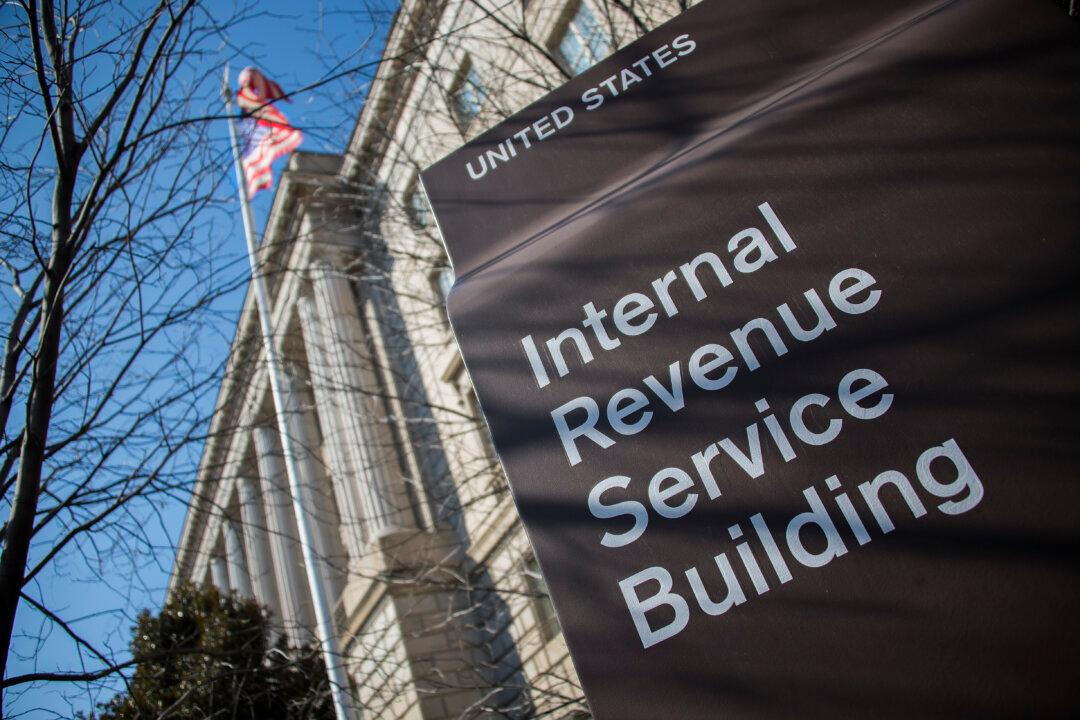All 18 Republican members of the powerful House Ways and Means Committee want to know why the IRS recently violated a 2017 court settlement in which it agreed to stop targeting nonprofit tax-exemption applicants on the basis of their political views.
In a Nov. 8 letter to IRS Commissioner Charles P. Rettig, the 18 GOP signers said the federal tax agency “violated a valid consent order by initially denying the application for tax-exempt status submitted by Christians Engaged. If the IRS has the power to violate a standing legal order without consequence, how can Americans trust the agency with greater authority and $80 billion more taxpayer dollars?”





